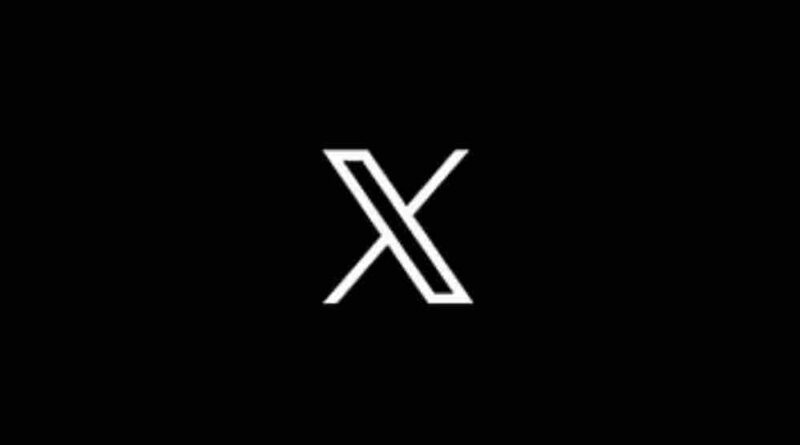Reuters’ X Account Faces Block in India Amid Ongoing Tensions Over Online Content Regulations
In a move that has stirred widespread debate over press freedom and digital transparency, Indian authorities have reportedly blocked access to the X (formerly Twitter) account of Reuters, one of the world’s most renowned news agencies. The decision was enforced following a legal demand, although specifics remain cloaked in ambiguity.
A Sudden Silence from a Global Voice
For many Indian users trying to access Reuters’ X account, the page now reads: “Account withheld in India in response to a legal demand.” The notification, while familiar to many seasoned internet users in India, raises fresh concerns every time it appears — especially when it involves an international media powerhouse known for impartial reporting across sensitive global issues.
Reuters has long held a reputation for its factual, boots-on-the-ground journalism. So when an outlet of this stature is suddenly silenced — even partially, and even within one region — the ripple effects are deeply felt, both domestically and internationally.
What Sparked the Ban?
At the time of this report, Indian government officials have not released any formal explanation detailing what prompted the legal demand. Neither Reuters nor representatives from X have issued specific public statements clarifying the content in question or the nature of the alleged violation.
However, observers speculate that the restriction may be linked to Reuters’ recent coverage of politically sensitive issues within the region — perhaps concerning Kashmir, election-related developments, or critiques of administrative actions. While speculation cannot replace facts, the pattern of such takedowns in India often aligns with reporting that officials consider “objectionable” or “misleading.”
A Broader Trend of Content Control
India has, in recent years, expanded its reach in regulating digital platforms. Under the Information Technology (Intermediary Guidelines and Digital Media Ethics Code) Rules introduced in 2021, the government has equipped itself with broader authority to request the takedown of content that it considers unlawful, misleading, or a threat to sovereignty and public order.
While the rules were designed with the intention of curbing misinformation and maintaining national security, critics argue that their ambiguity allows for misuse — often to suppress narratives that challenge the status quo.
Blocking Reuters’ account — even if temporary — sends a message. And that message, intentionally or not, suggests that global journalistic institutions are not exempt from India’s tightening grip over digital discourse.
Global Backlash and Questions of Press Freedom
Though the action is geographically limited, it’s already sparked reactions beyond India’s borders. Free speech advocates and press freedom organizations have expressed concern that such blocks undermine the credibility of a democratic nation and its commitment to transparency.
“In a democracy, the public’s right to access information from multiple sources — even those that may challenge the dominant narrative — is essential,” one media rights activist said, requesting anonymity. “When a credible news organization like Reuters is silenced in any capacity, it’s not just about one post or one article. It’s about the erosion of trust in free press.”
The Silence of Platforms
Curiously, both Reuters and X have remained tight-lipped so far. X typically publishes transparency reports detailing legal takedown requests from governments around the world, but often refrains from commenting on specific cases until those reports are released quarterly.
This silence leaves the public in an uneasy space. People want to know what content triggered the ban. Was it an error in editorial judgment? A report that crossed an unseen line? Or is it another instance of increasing intolerance toward media scrutiny?
A Wake-Up Call for Media and Citizens Alike
The incident serves as a stark reminder of the fragile balance between national interest and free expression. In an era where social media platforms are primary gateways to news for millions, the blocking of a single account can dramatically alter the information ecosystem.
For journalists, this might signal a need for caution — or resistance. For everyday users, it may ignite curiosity or concern. But for the global community watching, it raises a pressing question: how far can legal levers be used to control narratives, and what is lost each time a voice — no matter how large — is silenced?
As the story develops, one thing is clear: India’s digital and democratic landscape continues to evolve, and with each turn, the stakes for press freedom grow more complex.
Disclaimer
The information and content shared on digitalgithub.com — including articles, blogs, news, guides, and other resources — is intended for general informational and educational purposes only. We do not guarantee the completeness, reliability, or suitability of any information. Always seek the guidance of a qualified professional before making decisions based on the information you read. Use this site at your own risk.

